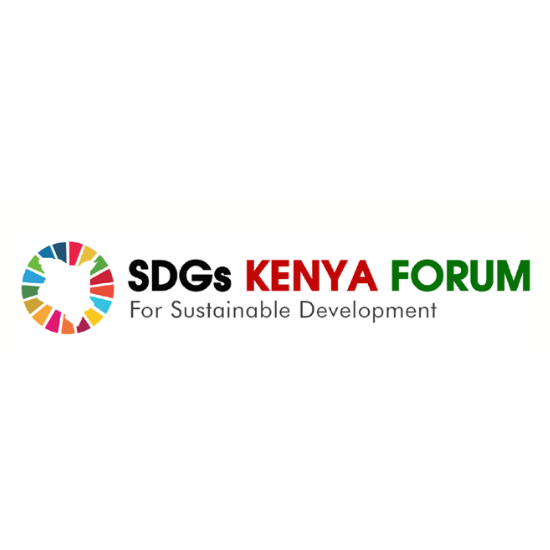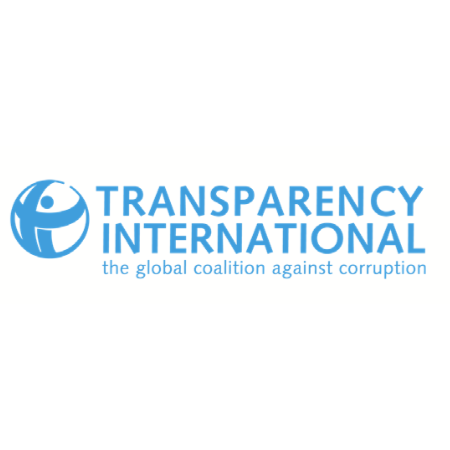Foreword from the TAP Network
On behalf of the TAP Network, we are excited to present this SDG Accountability Handbook.
The year 2015 was a momentous occasion – governments came together to commit to a shared ambition and framework for a vision towards 2030 with the adoption of 2030 Agenda and accompanying SDGs.

Since the adoption of the SDGs, the world is markedly different, as global trends around the protection of civic freedoms and increased frequency and impunity of human rights abuses and other atrocities against civil society have been less than encouraging.
The 2030 Agenda and the SDGs must be seen as one of many opportunities to help fight back against these disturbing trends. Governments and other duty-bearers should be accountable for not only delivery of the basic goods and services outlined throughout the SDGs, but also effectively working to secure and preserve the fundamental human rights and dignity of all people, in all contexts. On this front, the SDGs’ commitment to leaving no one behind, and reaching those furthest behind first, has the potential to become a defining moral imperative of our time. Governments must be accountable to this foundational principle of the 2030 Agenda, if any progress is to be made on any of the 17 SDGs, and towards all of them.
Civil society has an important role to play in helping to deliver and ensure government accountability for the SDGs. We hope that this Handbook will enable civil society to pursue accountability for the SDGs in an informed, efficient and effective manner that will, in turn, lead to greater accountability and positive action by governments in implementing the 2030 Agenda. Recognizing that accountability is a shared endeavour, this Handbook builds on a wide range of resources, many of which have been produced by organizations of the TAP Network, and beyond.
Our aim for the Handbook is for it to serve as a practical resource for both civil society well acquainted with accountability processes for the 2030 Agenda, as well as those who are just beginning to consider how to drive government accountability for the SDGs. In addition to outlining broad approaches to support government accountability for the SDGs and the 2030 Agenda, the Handbook also includes practical tips to take into account when considering your own approaches. Finally, the Handbook includes case studies that showcase best practices and examples of approaches that can be replicated for SDG accountability in different contexts, which we hope will enable colleagues to learn from one another.
Despite the ambitious commitments made through the 2030 Agenda, and immense challenges that the international community will inevitably face to implement the SDGs at all levels, we are as confident that the SDGs have set a course that will enable us to deliver on the 2030 Agenda’s promise to “transforming our world,” and lay a strong foundation on which future generations can continue to build.
We hope that this Handbook will provide a foundation for civil society’s ongoing work to drive government accountability for the SDGs and other related commitments. You can count on the TAP Network to collectively support efforts towards SDG accountability at all levels, and we hope you’ll see this resource as a useful stepping stone for this important work between now and 2030.





